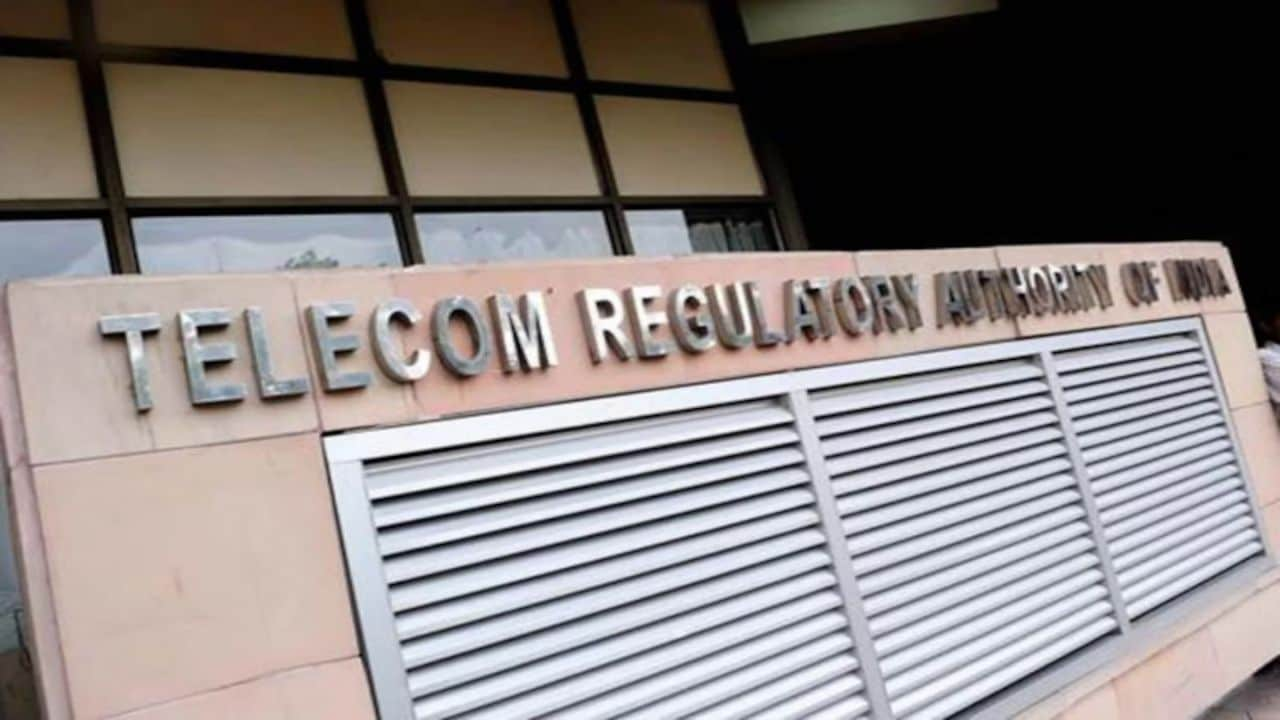The Telecom Regulatory Authority of India (TRAI) has announced an extension of the deadline for submitting comments and counter comments on its consultation paper on ‘Digital Inclusion in the Era of Emerging Technologies.’ Originally released on September 14, 2023, the paper seeks to explore the landscape of digital inclusion in the rapidly evolving technological era.
Initially, stakeholders were required to submit their comments by November 16, 2023, and counter comments by December 1, 2023. However, in response to numerous requests from stakeholders citing festival holidays and ongoing consultations, TRAI has decided to extend the deadlines further.
Stakeholders will now have until December 15, 2023, to submit their comments, and the deadline for counter comments has been extended to December 29, 2023.
In the consultation paper TRAI addresses the fact that digital inclusion is crucial empowerment of every citizen of the country at right moment, failing which the gaps in access of digital services may widen further and thereby depriving large segments of the society from an inclusive growth a
In the paper, TRAI also emphasises the need for a robust policy framework and collaborative efforts among stakeholders to ensure participation of individuals in digital economic activities.
The regulatory body analysed various gaps in digital inclusion present in the country such as the mobile internet usage gap, rural urban internet penetration disparities, gender gaps in internet access, etc. as well as gaps identified from some global indices. Proactively prioritising inclusion can create an ecosystem that benefits every individual, fostering a more equitable and accessible digital economy.
They have also identified various challenges being faced by the micro, small and medium enterprises (MSME)sector in the country from the adoption of new and emerging digital technology solutions.
